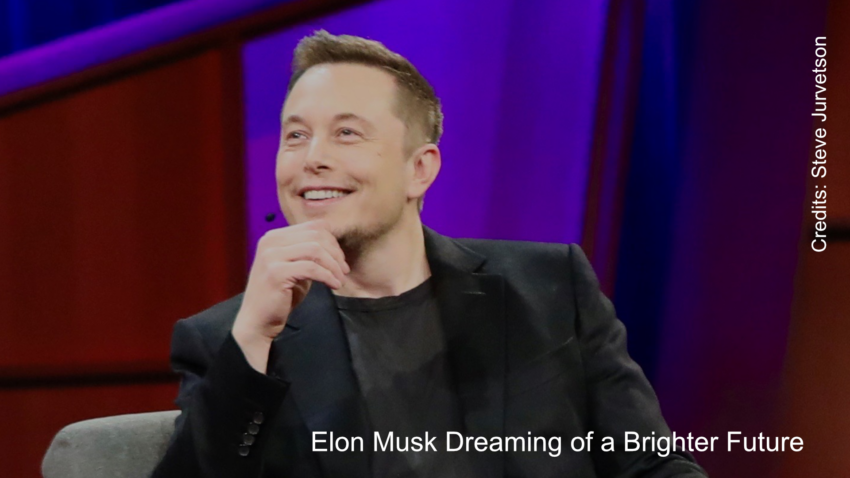Maye Musk, mother of tech billionaire Elon Musk, recently found herself at the center of a social media storm after making controversial comments about voting practices. On X, the platform formerly known as Twitter, she suggested that Americans could exploit the voting system by using fake identities to cast multiple votes. Her post was quickly flagged by X’s community notes for promoting illegal activity, as federal law prohibits voting more than once or falsifying voter information.
- The Supreme Court declined to hear a challenge regarding a search warrant for Donald Trump’s account on X (formerly Twitter), which granted access to his draft tweets, direct messages, and search history.
- X, owned by Elon Musk, argued the case could set a dangerous precedent, allowing the government to bypass privilege assertions by obtaining user communications from third parties.
- The platform was fined $350,000 for delaying the release of information, citing concerns over First Amendment rights and privilege claims.
- Special counsel Jack Smith maintained that the case was moot, and no executive privilege was at risk, a position the lower courts supported.
The reaction to Musk’s post was swift and widespread. Many users expressed concern over the potential influence such statements could have, particularly given her wide following of over a million users. Some media outlets, including Politico and The Guardian, highlighted the incident as an example of misinformation that could undermine the integrity of the electoral process. The community note attached to her post emphasized the legal ramifications of her suggestions, linking to the relevant federal codes.
Maye Musk’s controversial remarks came as her son, Elon Musk, appeared alongside former President Donald Trump at a rally in Butler, Pennsylvania. At the event, Elon Musk endorsed Trump, echoing sentiments about fighting for American values and encouraging voter participation. This event marked a significant moment in the political landscape, showcasing influential figures in tech aligning with political candidates.
Maye Musk later attempted to clarify her comments, posting that her initial tweet was intended as sarcasm, and urged followers to disregard it. However, the damage had seemingly been done, prompting discussions about the role of public figures in perpetuating election-related misinformation. The incident also serves as a reminder of the critical importance of accurate information in maintaining public trust in electoral systems.

